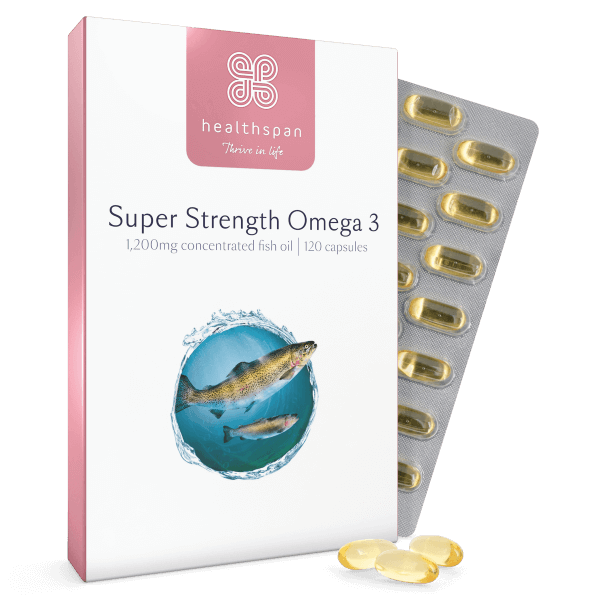Nutritionist Rob Hobson reveals the top five foods we should all be eating to keep our brains healthy.
1. Wholegrain cereals
Wholegrain cereals are bursting with vitamin B1, which boosts cognitive activity, learning capacity and brain function. They're low-GI, which means that they release energy steadily throughout the day, rather than giving the body a massive surge of glucose.
Eating wholegrain and brown carbohydrates rather than white allows the brain to function better and at a higher rate for a longer period.
2. Oily fish
Oily fish, such as salmon, mackerel, or sardines, are a great source of the omega-3 fatty acids EPA and DHA. These essential fatty acids help to lower cholesterol levels and help protect against strokes by reducing the risk of blood clots forming in the arteries connected to the brain.
Aim to eat at least two portions of fish each week – one of which should be oily. Don't like oily fish? Try a supplement! Omega-3 supplements, cod liver oil and krill oil supplements all provide beneficial fatty acids.
3. Leafy green vegetables
Vitamin B3, found in leafy green vegetables such as spinach, is important to help boost memory and, as a bonus, could help alleviate symptoms of depression and dementia.
Some leafy green vegetables, such as broccoli, also contain vitamin K which is important for cognition and brain function, while kale and spinach are high in lutein and zeaxanthin, which helps to protect your eyes from the likes of age-related macular degeneration (AMD).
4. Eggs and milk
These foods are high in vitamin B12 which is linked to the production of 'acetylcholine': a neurotransmitter that helps memory and learning. Vitamin B12 is also needed for energy production and plays a vital role in turning carbohydrates into glucose.
A study in Finland, involving 271 people aged 65 -79, found there may be a link between a deficiency in vitamin B12 and Alzheimer's. Research is ongoing, so watch this space.
5. Folate foods
Folate-rich foods, such as broccoli, Brussels sprouts, chickpeas and fortified cereals, are packed with folic acid, also known as vitamin B9. Folic acid helps the body to produce red blood cells, which carry oxygen to the brain.
Higher levels of folate have been found to reduce the effects of ageing on the brain - especially when it comes to spatial copying cognitive skills.

Super Strength Omega 3 1,200mg
Highly concentrated, refined and sustainably sourced omega-3 fatty acids
- 240mg DHA and 360mg EPA
- Anti-inflammatory; supports brain, eye and heart health
- Benefits of oily fish for 22c a day






